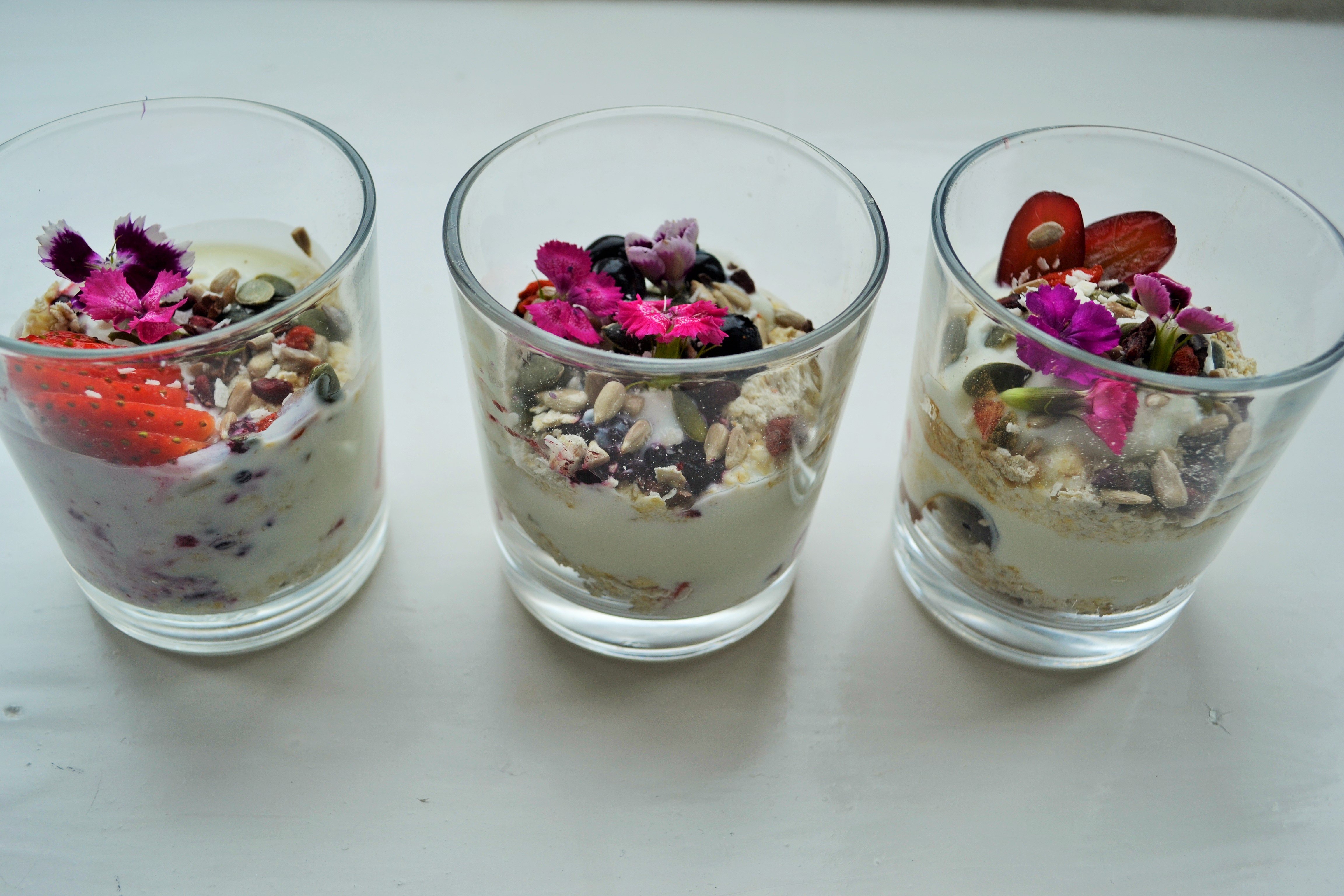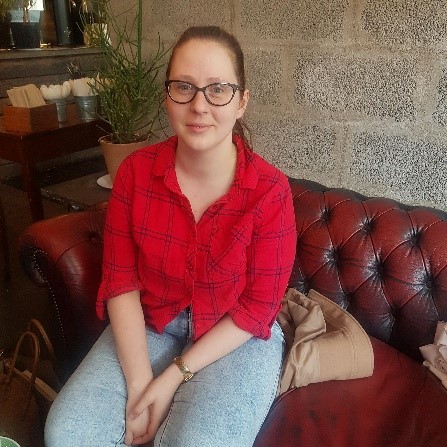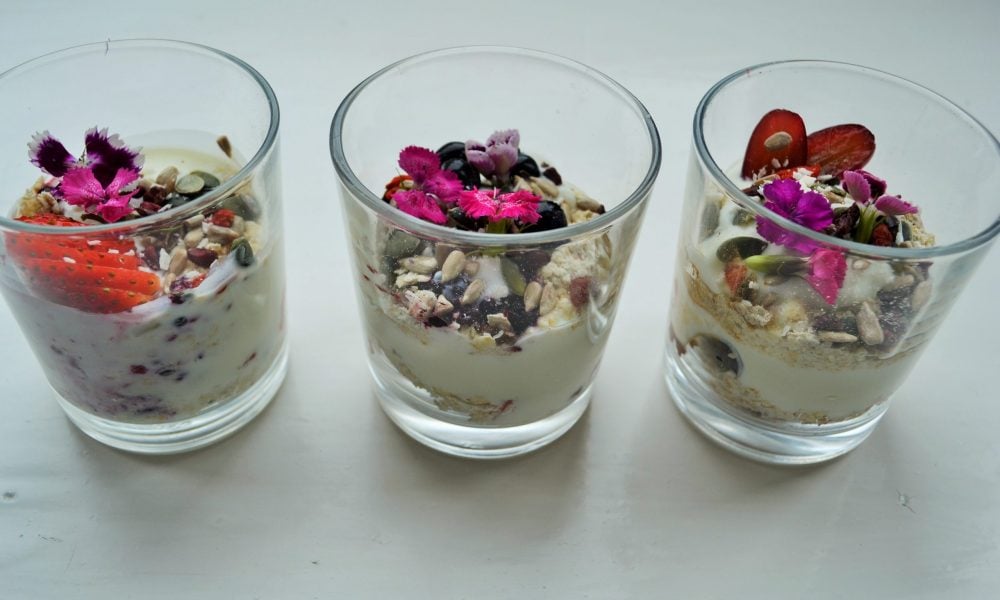I always wanted to be vegetarian when I was younger, I loved animals, but as I grew up my parents taught me that “meat is part of your diet, you have to be strong, you have to drink milk to have strong bones.” In Lithuania most of the meals come with meat. We do eat a lot of vegetables but they are served with meat and we grow up hearing “you can’t be a vegetarian, to be healthy you need your protein”. When I got older I started researching this because I was eating meat and veggies and trying not to eat carbs yet I wasn’t really satisfied, I was still hungry.

I decided “I’m not going to try and be vegetarian, I’m just going to try to eat less meat” so I started looking at recipes. I had tried being vegetarian before and always failed: I didn’t want to assign a label to start with, just see how it goes one day at a time.
I started cooking more vegetarian meals and quickly I realised I hadn’t eaten any meat, I’ve not missed anything and I’m satisfied: I’m not hungry and I’m feeling better. I had had problems with my stomach and now they have gone away unless I’m drinking alcohol or eating junk food. Since becoming vegetarian I feel much better and when I go to the gym I don’t feel like I have no energy. Before I would go for a run and be tired after five minutes.
The only thing that is hard is travelling. I went to Thailand with my boyfriend and they didn’t have many vegetarian options so that was the only time that I found it was much easier to be a meat eater.
Now I find that I cook much more than I used to, because I always used to buy prepared meals. I work until 6 o’clock, come home around 7, I just couldn’t be bothered and bought prepared meals. Now I’m vegetarian and there are not as many prepared meals that you can buy, I find myself making my own meals with less processed food.
It’s probably easier to be vegetarian in Lithuania to be honest because we eat a lot of vegetables as well as the meat, whereas I think in the UK people eat more processed food and eat out more. People don’t cook as much in the UK and I see a lot of people buying processed food to put in the oven, but growing up my mum would cook everything from scratch so I find it much easier to find a vegetarian option that is home made. I
If you’ve never cooked in your life and always eat processed food it’s much harder for you to get used to being vegetarian but because I ate vegetables from a young age, even though I didn’t like them, I will eat anything now.

LiberEat’s content is not intended to be a substitute for professional medical advice. You should always take precautions and use appropriate judgement to protect yourself and others under your care with regard to food allergies.
Food allergen rules and regulations continue to change and evolve. Food businesses in production, hospitality, catering, and retail must be vigilant when working with ingredients, products, and dishes containing allergens and exercise due diligence when providing ingredient and allergen information to consumers. Successful allergen management is a big part of food safety professionals’ creating a culture of care and excellence within their teams.
LiberEat offers a second line of defence for food businesses by detecting errors, allergens, and other harmful ingredients with our proprietary Allergen Error Detection Technology. Food businesses can apply this technology directly to identify errors in allergen communications, preventing the risk of injury to consumers 24/7, 365 days of the year so that errors are detected, diagnosed and rectified quickly. We know this helps you protect your brand reputation and enhance customer trust in your brand.
Contact us today to learn more about how we can support your existing food safety processes.

